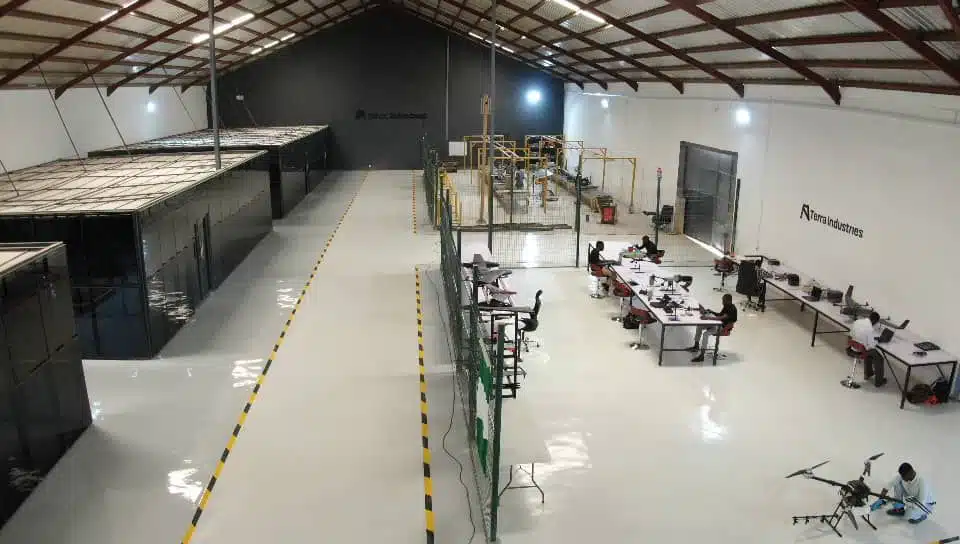Uganda has introduced a series of tax incentives aimed at accelerating the local assembly of electric motorcycles, marking a strategic shift in the country’s green mobility agenda.
Under the new guidelines, companies assembling electric two-wheelers domestically will be exempt from paying import duties and value-added tax (VAT) on parts and components required for their operations. This move is intended to reduce Uganda’s dependence on internal combustion engine (ICE) motorcycles and promote the adoption of cleaner alternatives.
The government is also removing the requirement for local e-motorcycle assemblers to pay income tax for the first five years of operation. These measures are part of Uganda’s broader National E-Mobility Strategy, launched in 2024, which aims to build local capacity for clean transportation technology and reduce greenhouse gas emissions.
State Minister for Investment Evelyn Anite stated that the incentives are designed to encourage investment and local manufacturing while curbing the importation of fully built fuel-powered motorcycles.
Electric mobility firm Spiro, which has already begun operations in Uganda, is expected to benefit significantly from the new tax policy. The company operates a battery-swapping system for its electric motorcycles and has committed to scaling up local assembly in line with government goals.
This isn’t the first time Uganda has tried to boost the EV sector with tax incentives. In early 2024, the government waived import duties on electric vehicles to encourage adoption. However, the policy was reversed just months later when tariffs were reinstated. Unlike previous measures, the current incentives are focused on local manufacturing, not just import facilitation.
The government’s approach reflects a longer-term vision to make Uganda a hub for green mobility in East Africa.
Alongside the tax incentives, the National E-Mobility Strategy (PDF) outlines plans for infrastructure development, regulatory support, and skills training to build an end-to-end local ecosystem.
By focusing on domestic assembly, Uganda could capture more value from the e-mobility supply chain and reduce its import bill over time. It also places the country in a stronger position to export electric motorcycles and components within the African Continental Free Trade Area (AfCFTA).

Victoria Fakiya – Senior Writer
Techpoint Digest
Stop struggling to find your tech career path
Discover in-demand tech skills and build a standout portfolio in this FREE 5-day email course










